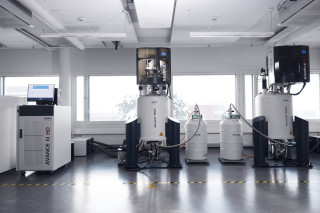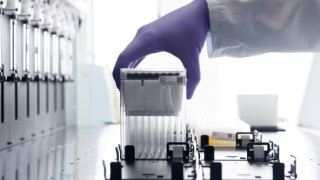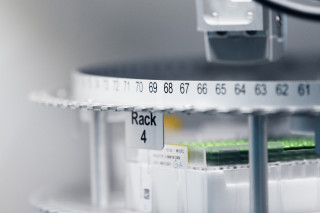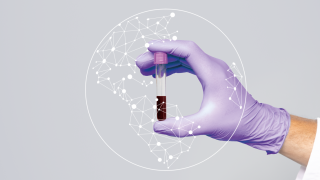Technology
Nightingale Health's technology measures metabolomic biomarkers from human blood and urine and is built on our core principles: absolute quantification with high accuracy and precision, coverage of core metabolic functions, and population-scale throughput and cost-effectiveness.

How we measure biomarkers
Nightingale Health's biomarker analysis technology is based on nuclear magnetic resonance (NMR) spectroscopy coupled with our proprietary algorithms to quantify 250 biomarkers in absolute units from a single blood sample.

01
Precise absolute quantification
We provide absolute concentrations of metabolite levels so you can easily compare results to other studies. Our method has been calibrated against global standards and references, which means that the values we provide are comparable to other calibrated methods, like traditional clinical chemistry.

02
Covering the core metabolic functions
Our panel offers a comprehensive selection of metabolites spanning multiple pathways from one sample in one measurement. The metabolic pathways and functions include detailed lipids, insulin sensitivity, dietary intake, chronic inflammation, fluid balance, kidney function, and more. Furthermore, our large biobank datasets have shown the diverse ways in which these biomarkers are associated with a wide range of human diseases and traits.

03
Population scale
Our research service provides comprehensive multiomics profiling for entire cohorts. Since our 'omics technology has been used to measure across all 500,000 participants in the UK Biobank and 200,000 participants in the Estonian Biobank, you can discover hidden biology in the world's biggest health research datasets.
